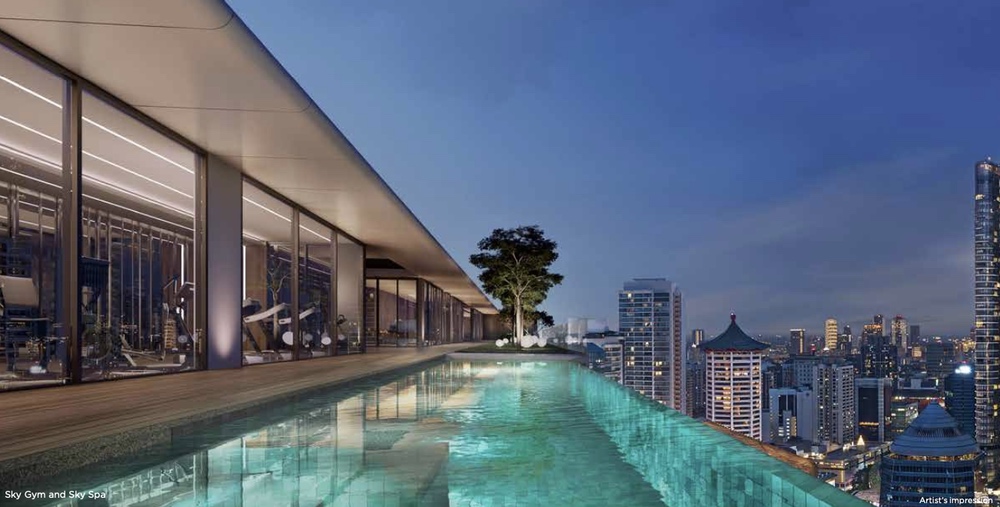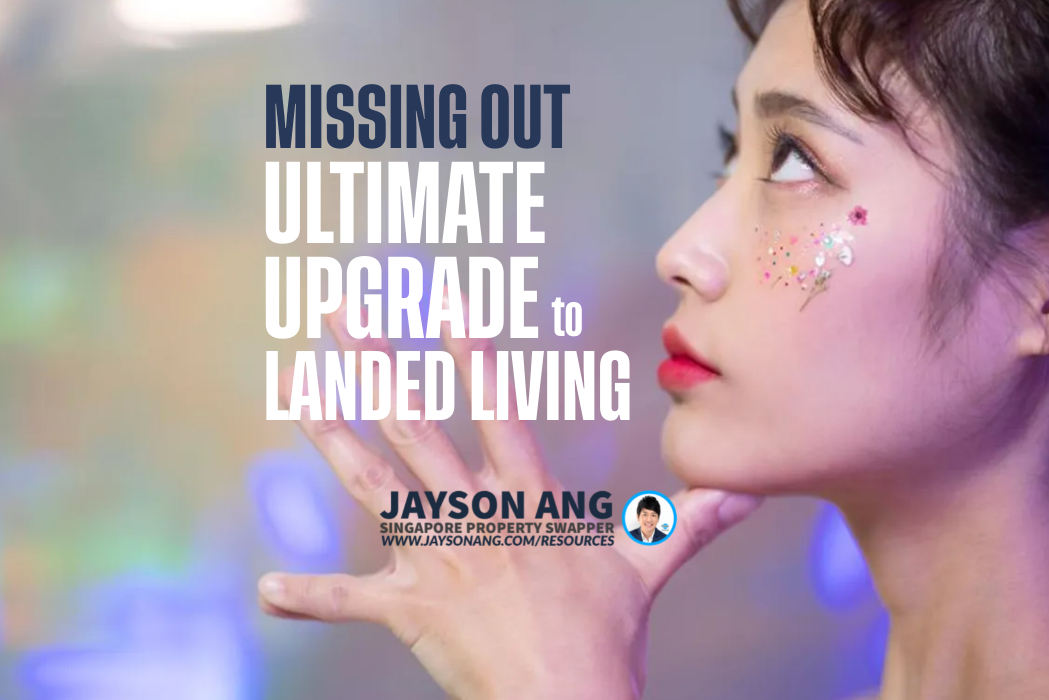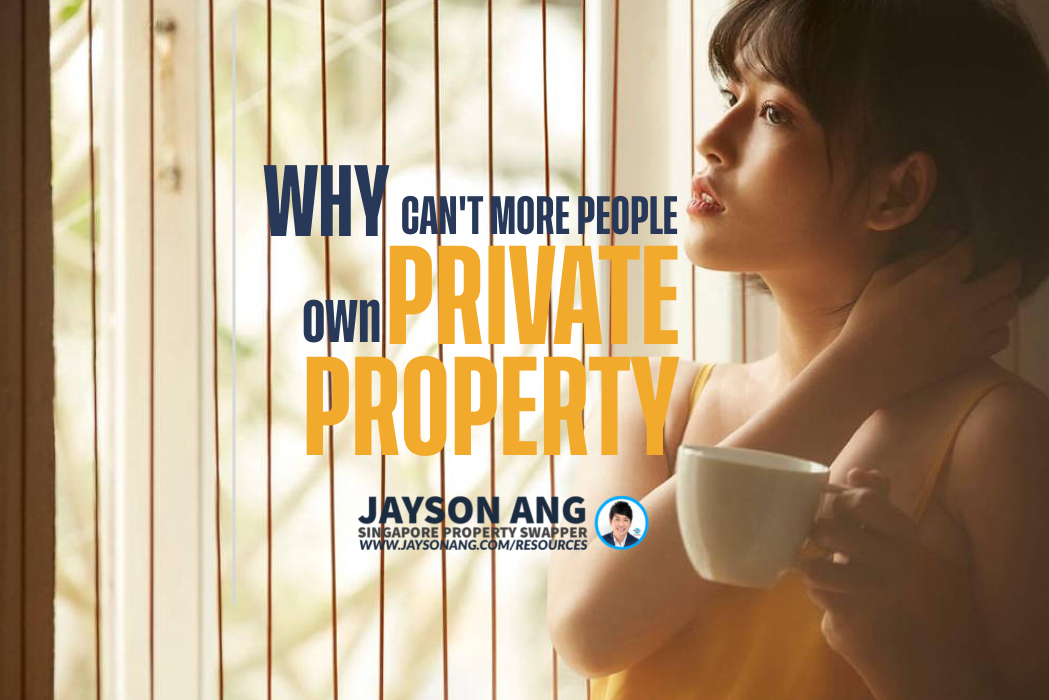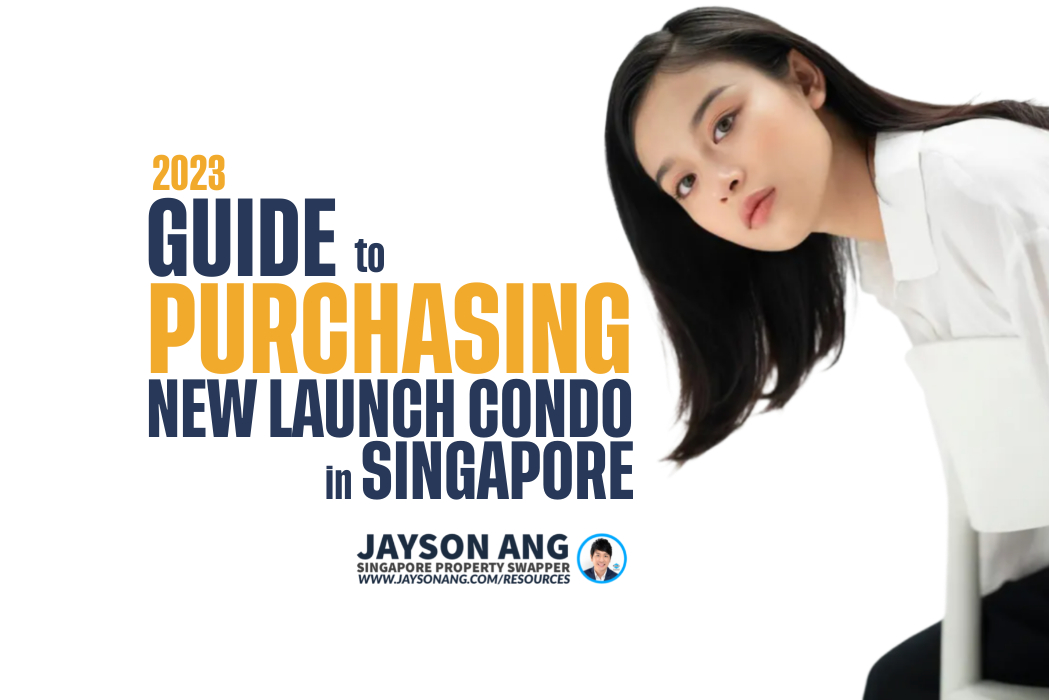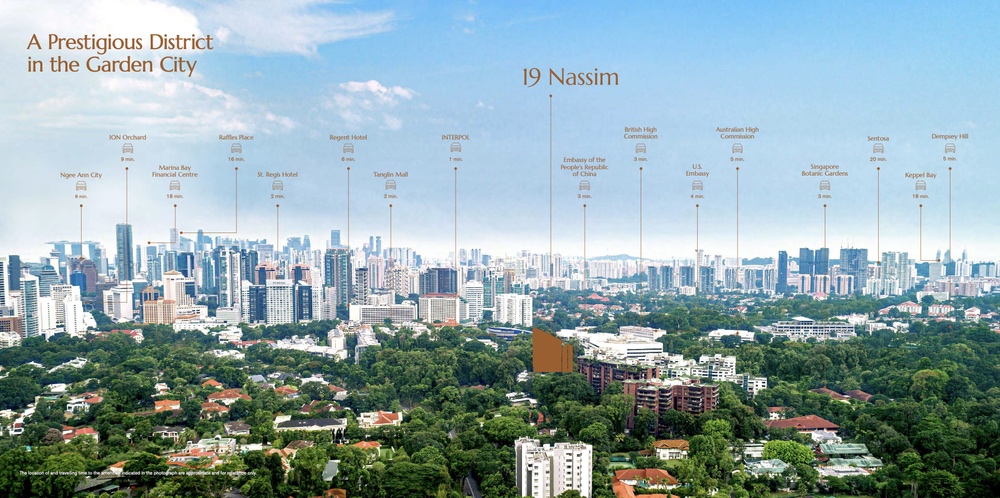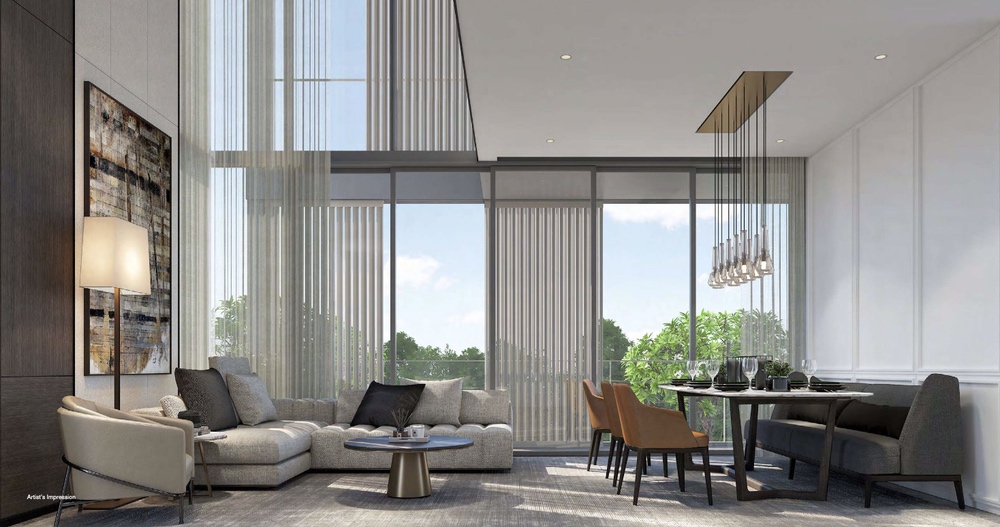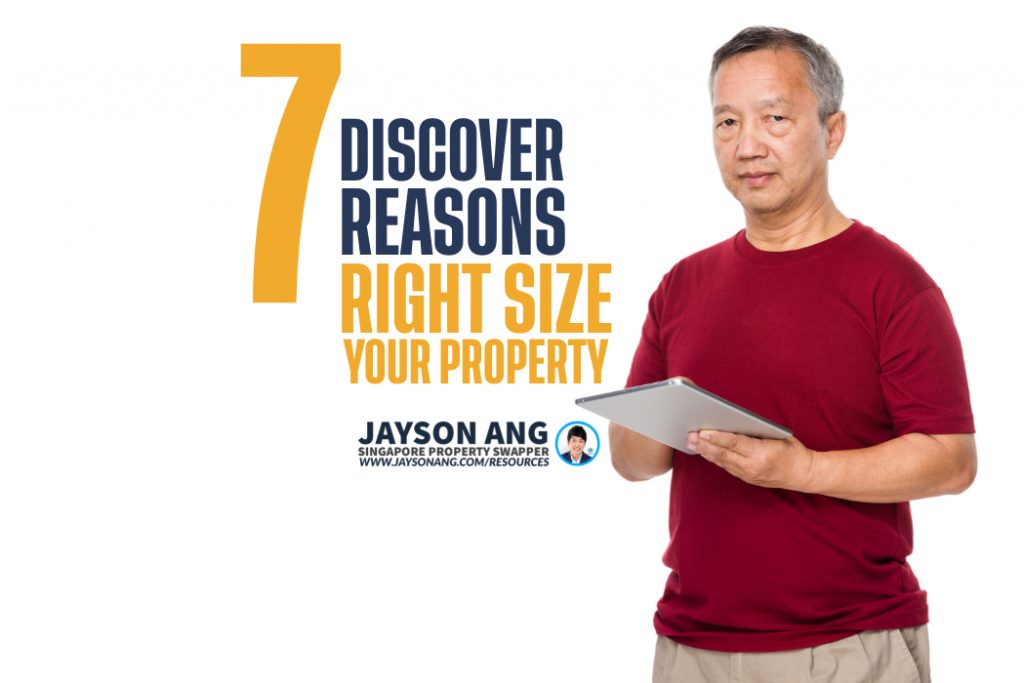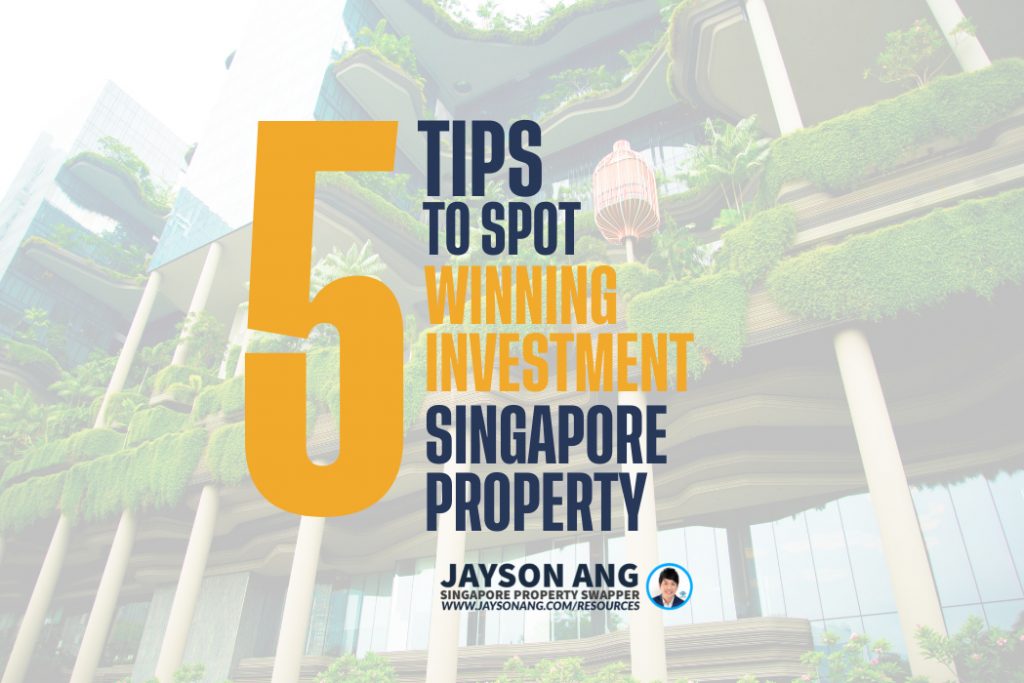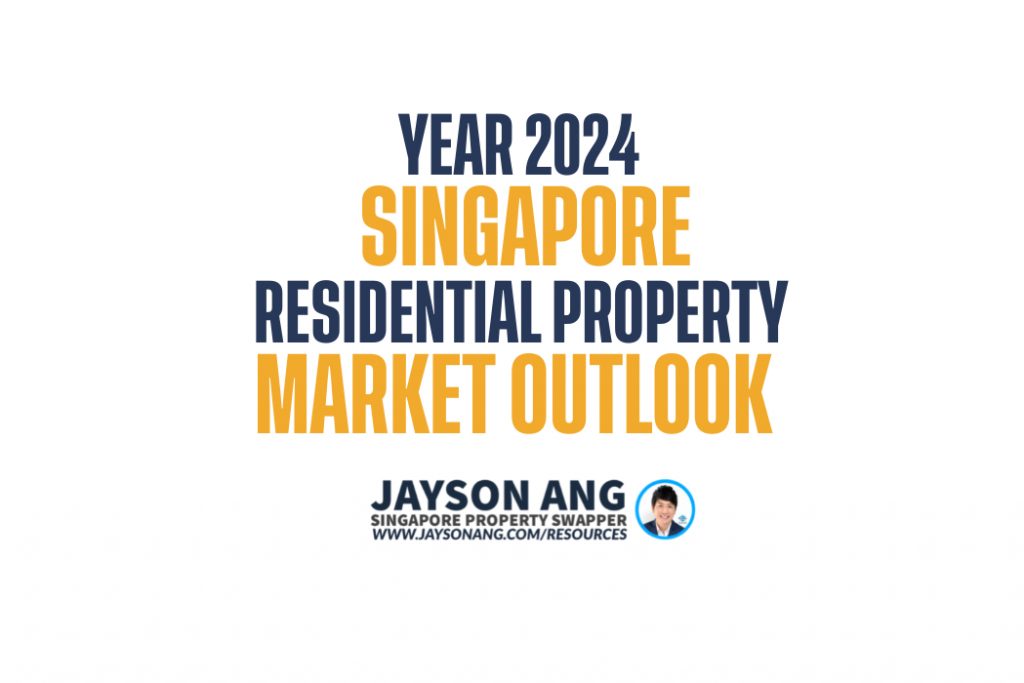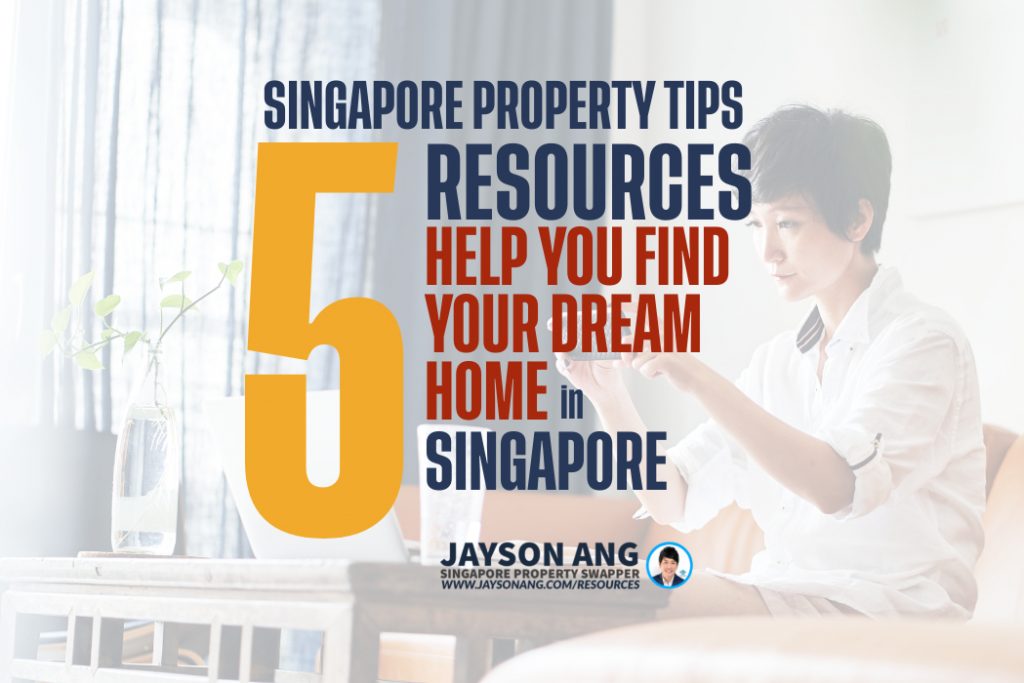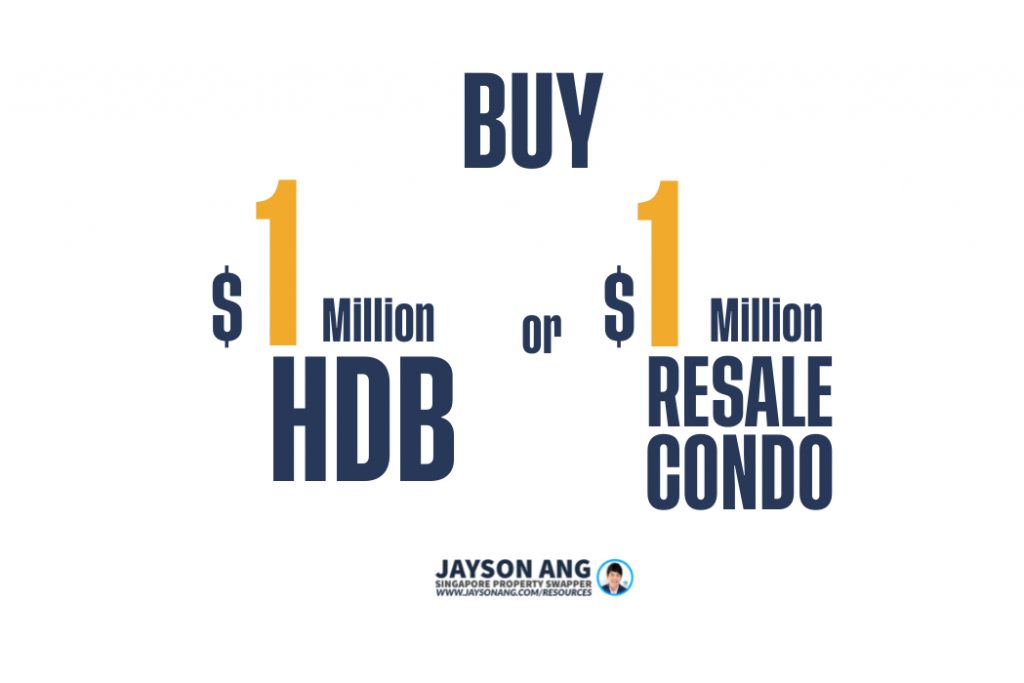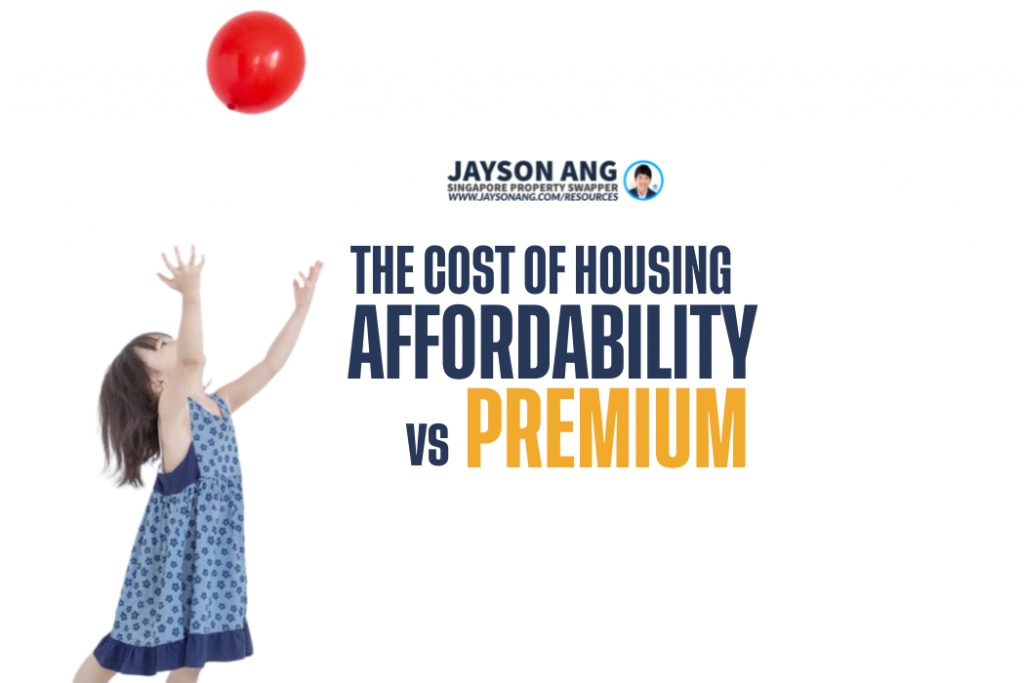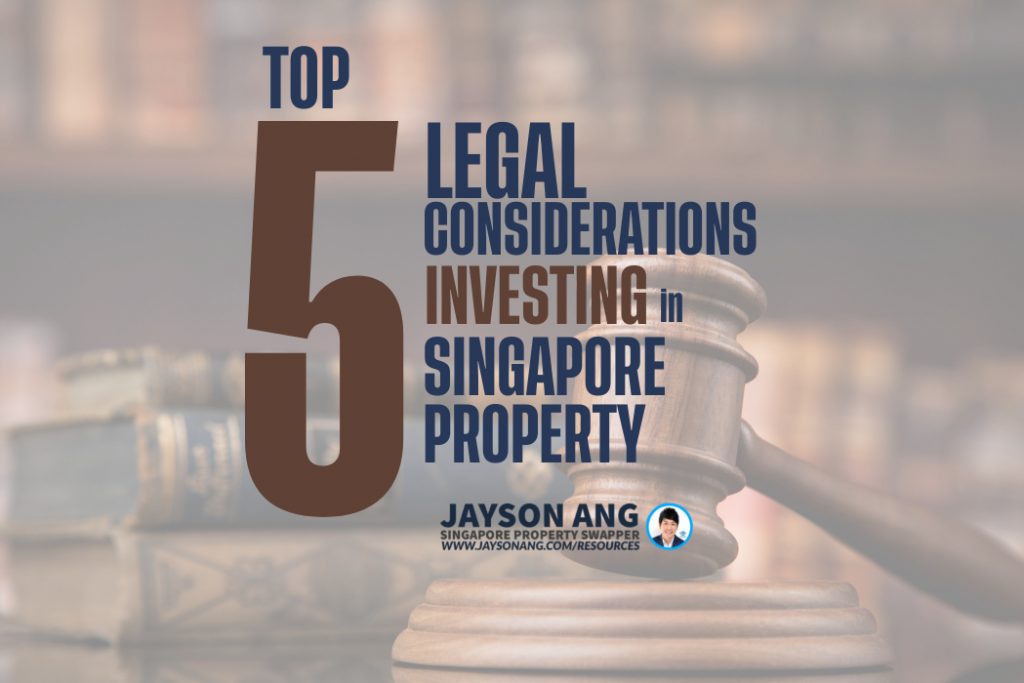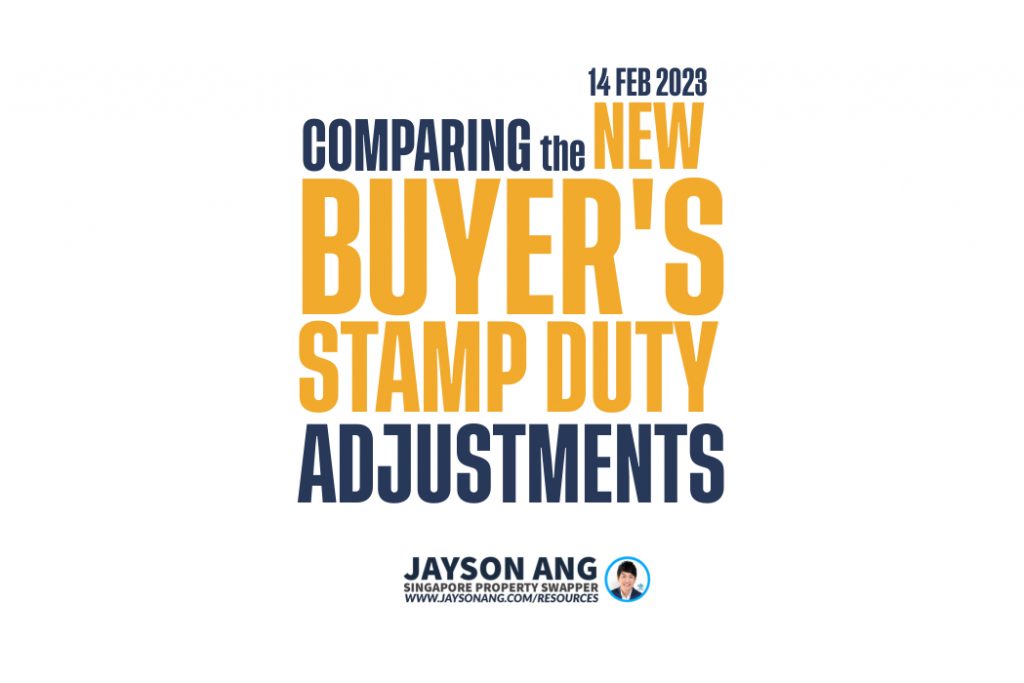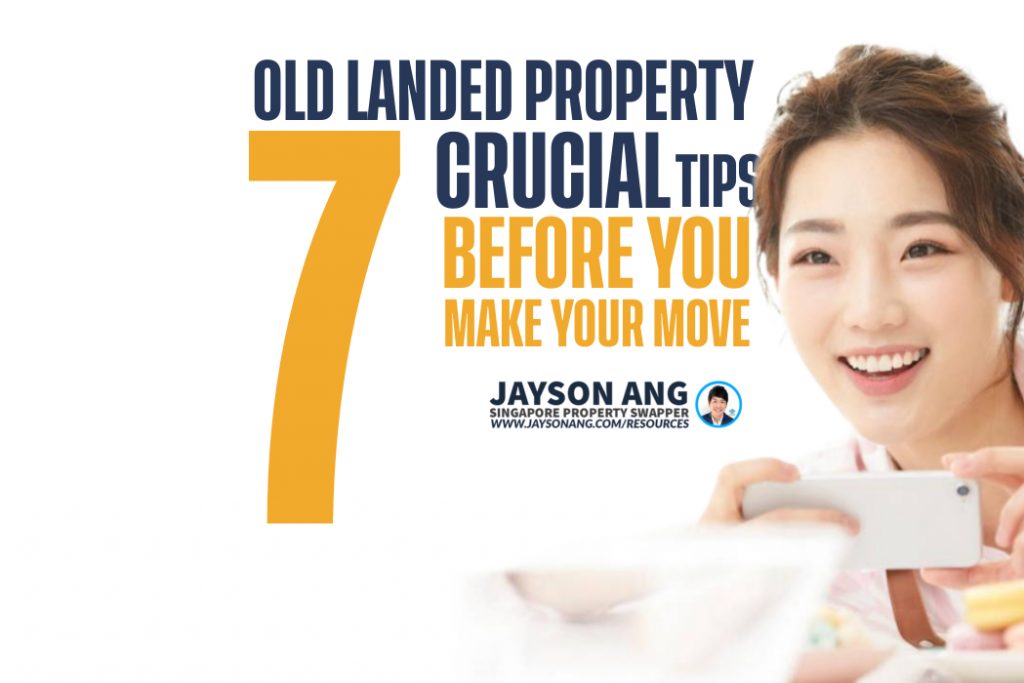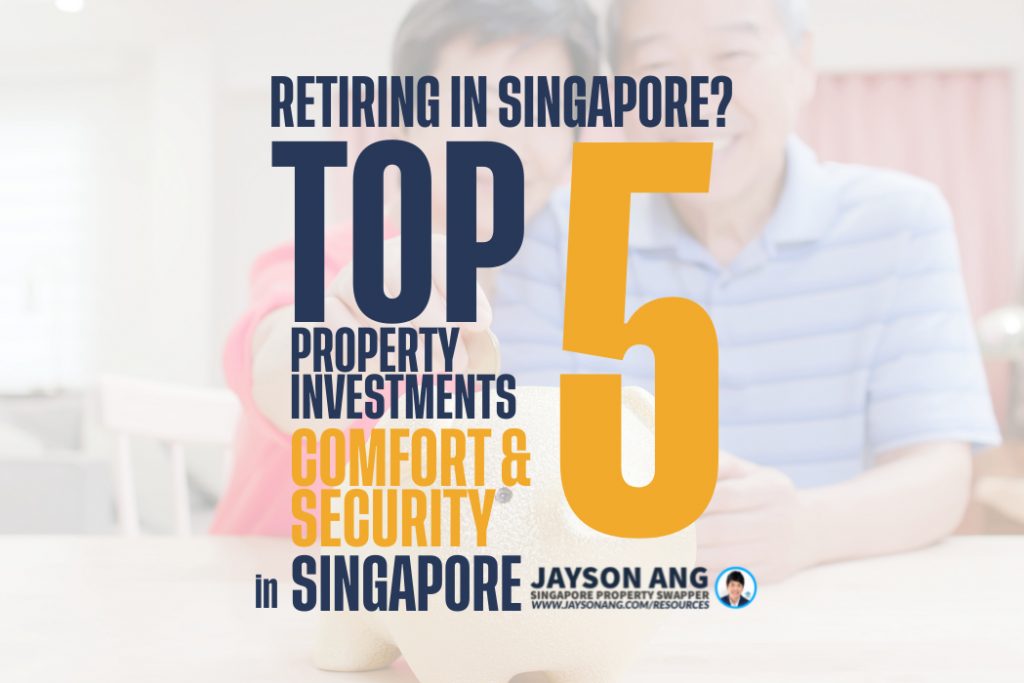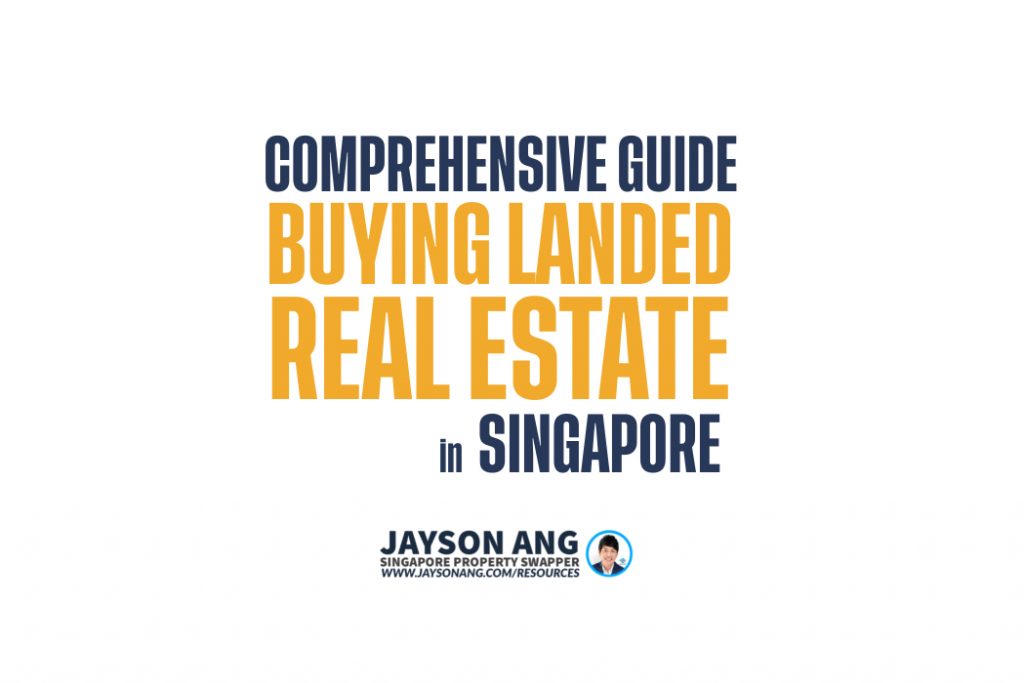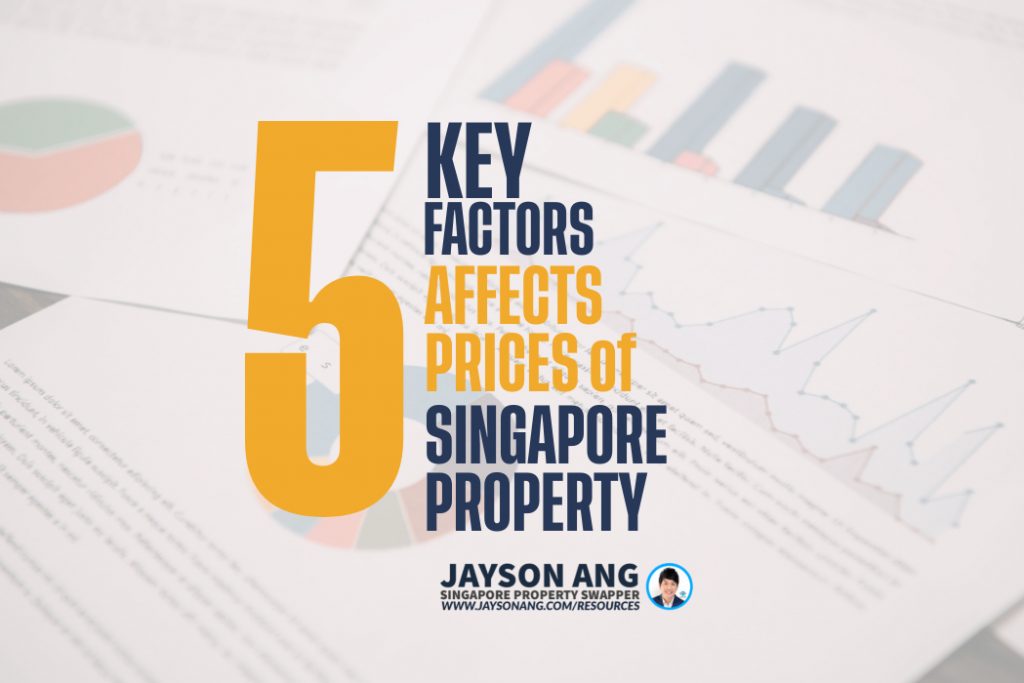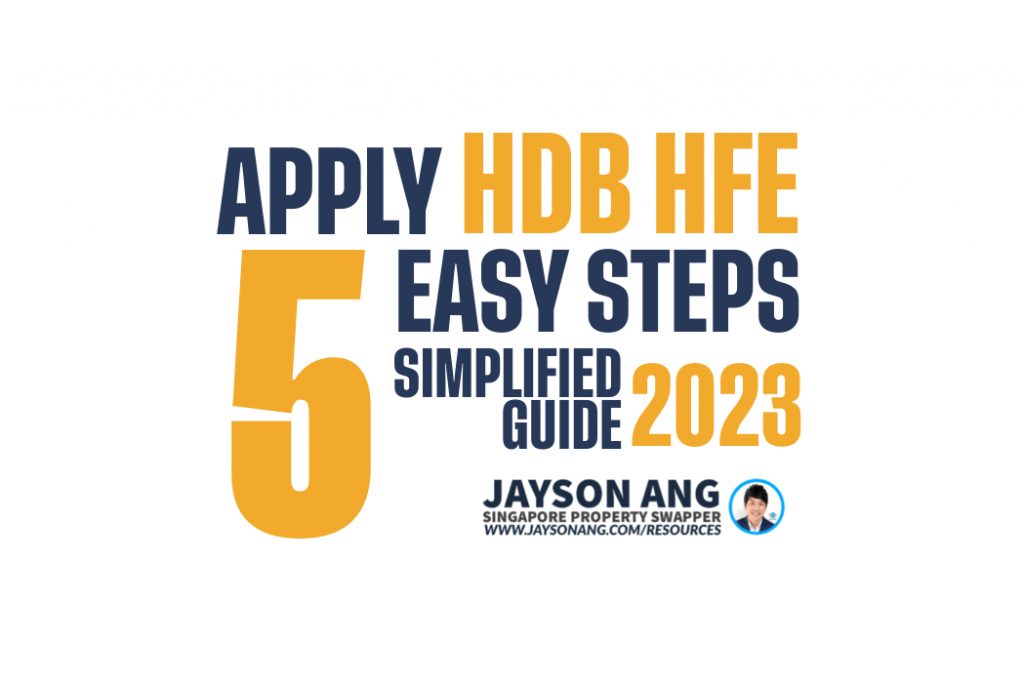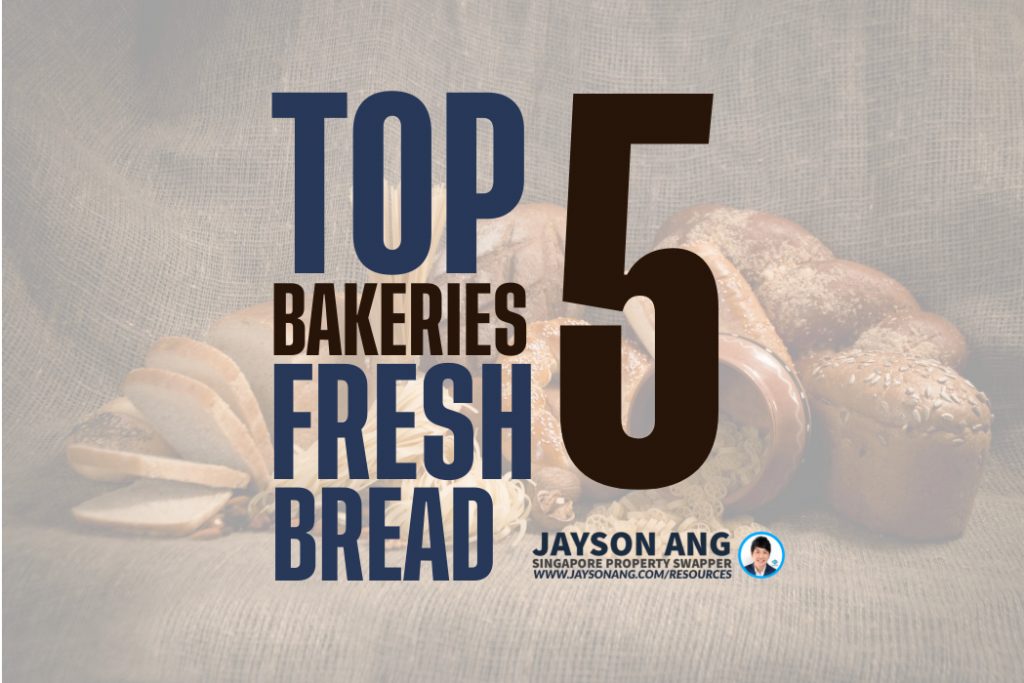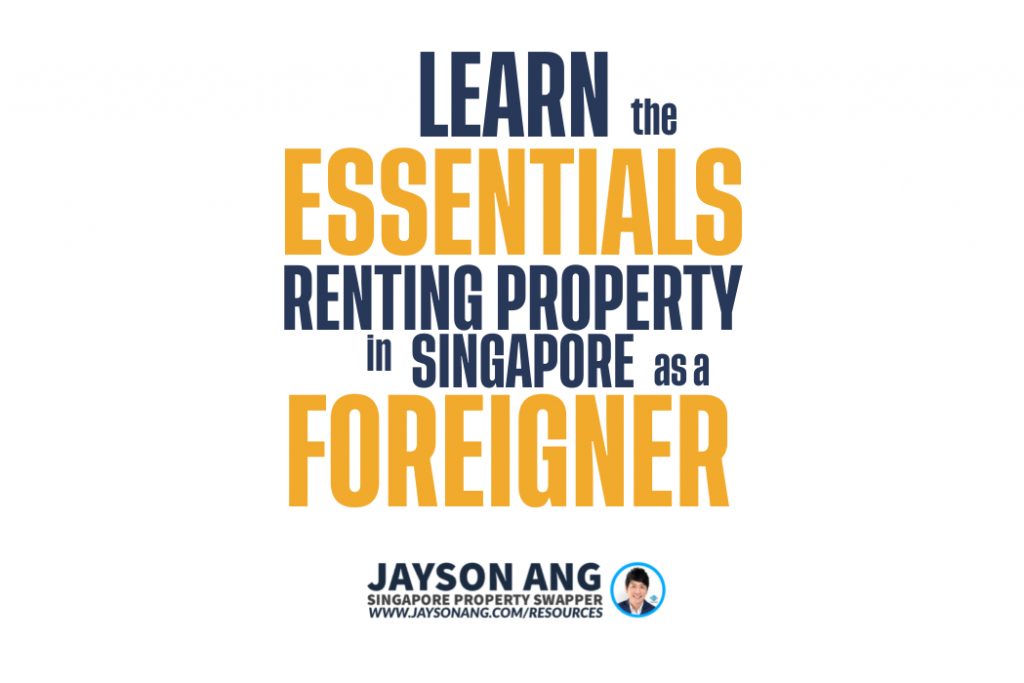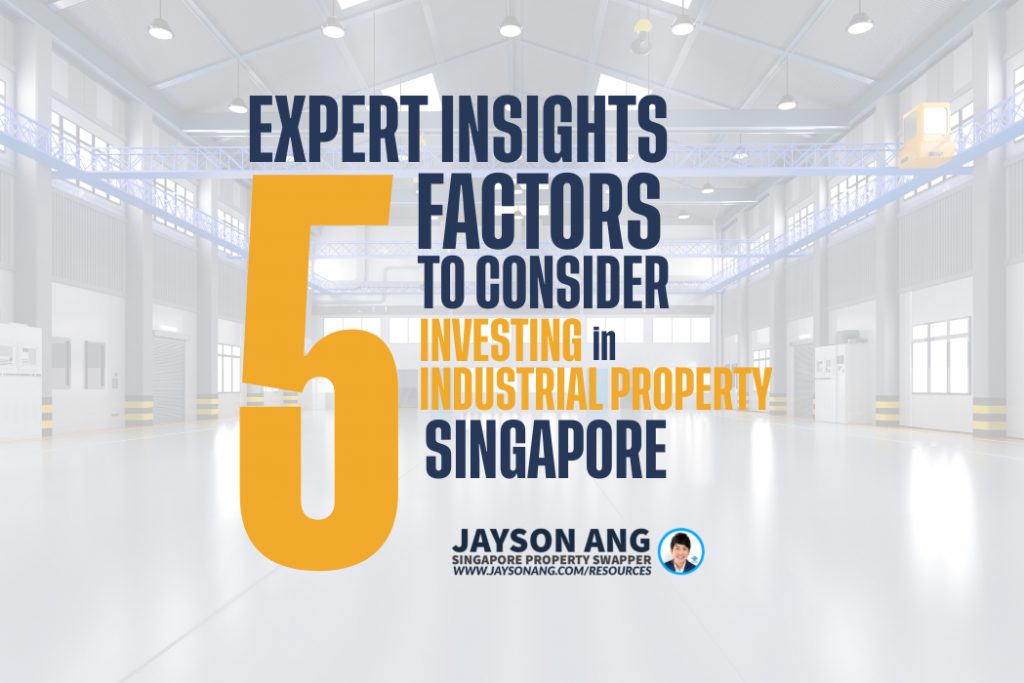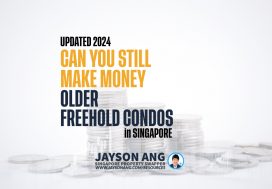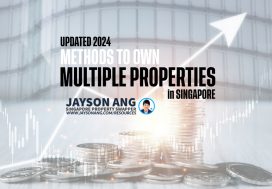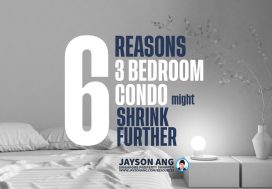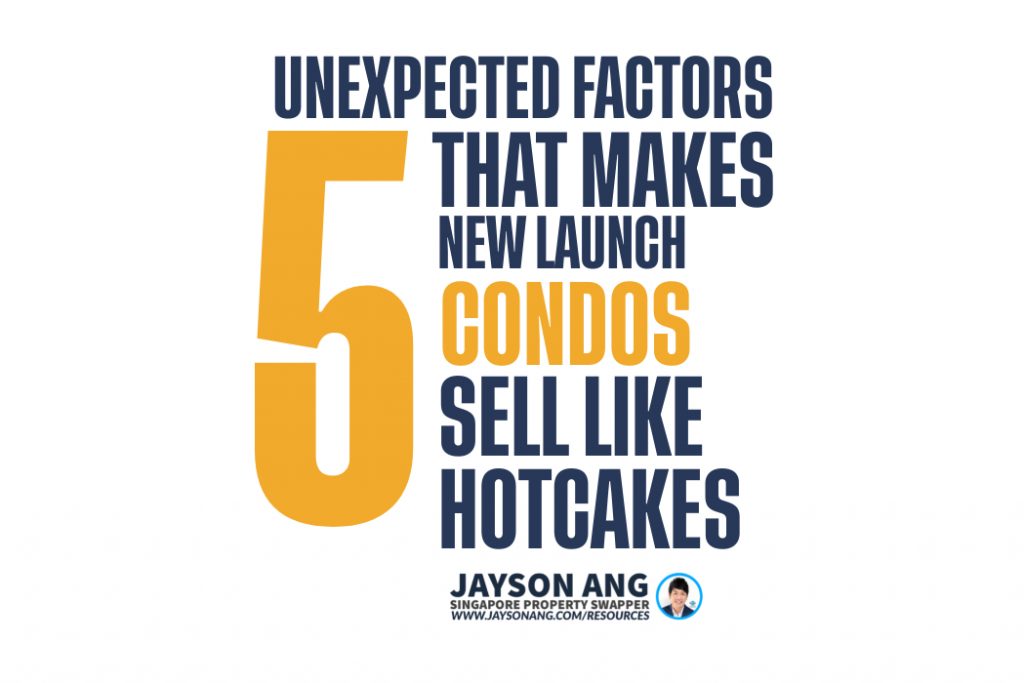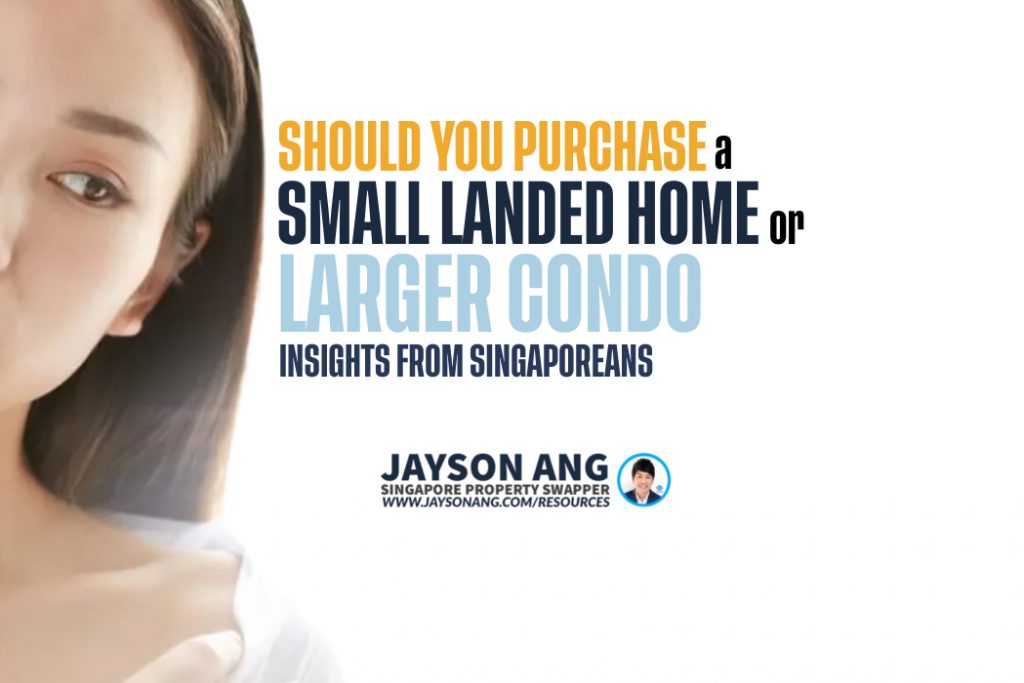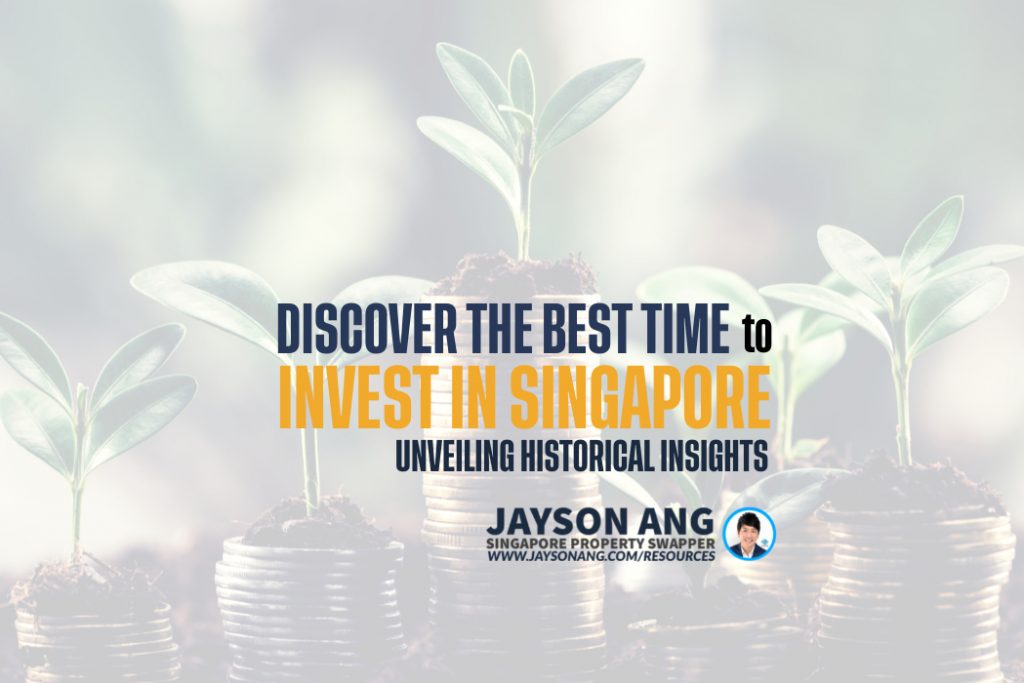TLDR
When upgrading from an HDB flat to a condo, consider factors like location proximity, amenities, and regulations. Decide whether to buy or sell first based on your financial situation and preferences. Buying first allows you to avoid temporary accommodation, but comes with lower loan-to-value ratios and financial constraints. Selling first avoids ABSD charges, but may require alternative accommodation and incur Buyer’s Stamp Duty. Choose between an Executive Condo (EC) and a condo based on subsidy eligibility, income levels, and resale implications. Decide between new launch or resale units based on waiting times, amenities, and financial commitments. Ultimately, the choice between an EC or a condo depends on your housing needs and financial capability.
Congrats! If you’re reading this article, it’s likely that you are taking the next step and upgrading your HDB flat to a condo, or are in the process of considering the move.
Reasons For Upgrading
To Buy Or Sell First?
- Buy First, Sell Later: Pros And Cons
- Sell First, Buy Later: Pros And Cons
New Launch Ec Or Resale Condo?
- New Launch
- Resale EC
Reasons For Upgrading To A Condo
Moving to a better location could bring you and your spouse closer to your workplaces, cutting down the time spent commuting and making life a little more convenient!
If you have a specific primary school in mind, why not consider relocating so you can select a property that’s within a 1 km radius of it – giving your child an even better chance to succeed!
Living in a private property means you are free from HDB regulations, so you don’t have to wait out the Minimum Occupation Period (MOP) and you can have as many pets as you’d like, unlike HDB’s “one-approved-dog” rule. Furthermore, the Ethnic Integration Policy (EIP) is not applicable, which means you will have a greater pool of buyers when you decide to sell your condo in the future, without being restricted to buyers of a specific race.
A condo is the ideal place to stay if you’re looking for luxurious amenities! Whether you’re a fitness enthusiast, who enjoys swimming laps or pumping iron multiple times a day, or you prefer something a little more creative, such as a karaoke room, a bowling alley or an ice therapy room, you’ll have access to it all within a stone’s throw of your doorstep.
Upgrading to an executive condo (EC) with a five-year MOP just finished? You’re already in a great spot. Why? Because ECs are halfway to being privatized, and after another five years, you’ll be able to sell to foreign individuals or companies – widening your potential buyer pool. Plus, with condo prices increasing steadily over time, you’re almost certain to make a profit. Asset Progression at its finest!
If you’re not in a rush to upgrade, why not consider new launch condos? Here are a few ideal for HDB upgraders:
- North Gaia (TOP: 2027)
- The Commodore (TOP: 2024)
- Urban Treasures (TOP: 2023)
- Pasir Ris 8 (TOP: 2026)
- Lentor Modern (TOP: 2026)
Here’s how you can upgrade from your HDB flat to a condo.
You Need to MOP before Upgrading
After your Minimum Occupation Period (MOP) of five years, based on the flat type you purchased, you can upgrade – but until then, these four things are off limits!
• Sell your flat
• Buy another HDB flat
• Buy another private property
• Buy property abroad
If you want to find out if you are eligible, head on over to My HDBPage and log in with your Singpass.
To Buy Or Sell First?
Buy First, Sell Later
Pros
1. No Need For Temporary Accommodation
Selling a HDB flat in the open market can be a long and arduous process, with a number of factors influencing the success rate. These include the current property market, whether renovations are needed, proximity to educational institutes and amenities, the distance to the nearest MRT/LRT station, and if it’s situated on a high or low floor.
No need to stress over not having a roof over your head if you’ve bought your condo before selling your HDB flat! Not only do you save heaps on possible rental expenses, but you can also continue residing in your HDB while refurbishing your condo before you move in.
2. Deferred Payment Scheme (DPS)
Those considering upgrading their HDB flat with the “buy first, sell later” approach may worry about being able to manage the payments for two mortgages at once until their condo reaches TOP status, but many EC developers provide the Deferred Payment Scheme (DPS) which puts those worries to rest – all you have to do is put down a 20% initial payment, of which 5% must be paid in cash and the remaining 15% may be paid either in cash or CPF.
For the next two to three years, you won’t have to worry about making loan payments, stamp duties, or any other financial obligations concerning the property – and the remaining 80% is due only after that period has elapsed!
With a reduced initial payment and an extended period of delay, you can achieve these objectives: move into your new home, clear any outstanding mortgage payments, and gain extra time to secure funds.
When it comes to condos, only those that have been granted TOP status or have obtained the Certificate of Statutory Completion can be sold under DPS, so make sure to check with the developers before you take the plunge. However, the price of the property will be a bit higher, about 10%, but that is a reasonable trade-off for delaying your loan repayment.
Cons
1. A Lower LTV Ratio
If you purchase a condo before selling your HDB flat, you’ll be dealing with two mortgage payments concurrently. The loan-to-value ratio will be at 45%, which is less than the usual 75%. Plus, if the loan duration is 30 years or beyond your 65th birthday, the loan-to-value ratio will decrease to 25%.
For example, let’s say you’re buying a S$2 million condo before disposing your HDB flat; assuming you’re taking a 30-year loan, and this is your second home loan, your loan amount will be S$900,000 due to the 45% loan-to-value ratio.
When it comes to purchasing a condo, you should be aware that your minimum cash downpayment may be increased by 5% to 25%. Consequently, it’s important to budget for a larger cash downpayment. Additionally, remember that the amount you can borrow is determined by the property’s valuation, rather than its purchase price.
Thus, opting for a higher valuation will enable you to borrow more, however, this will also mean that you pay more in stamp duties due to the higher amount of the purchase price or valuation. Keep this in mind when shopping for your dream condo.
2. TSDR Restrictions – You Might Not Get Your Desired Loan Amount
If your monthly income is S$10,000, the Total Debt Servicing Ratio (TDSR) threshold of 55% dictates that your outstanding debt repayments must not exceed S$5,500 per month – this applies to loans where the OTP of the property purchase was granted on or after 16 December 2021.
The Total Debt Servicing Ratio (TDSR) takes into account your monthly loan payments in addition to any other outstanding monetary responsibilities. From car loans and student loans to credit card debts, these debts can limit the amount you can borrow, potentially reducing the type of property you can afford.
3. Your MSR is Limited (if you’re buying a new EC)
Aside from the TDSR cap, the Mortgage Servicing Ratio (MSR) could prove to be a real hurdle when attempting to secure the desired loan amount. The MSR allows a maximum of 30% of your monthly income to be spent on home loan payments – so if your monthly income is S$10,000, your maximum home loan limit would be S$3,000 – meaning that affordability for a new EC could be affected.
*MSR doesn’t apply to privatised ECs
If you find yourself unable to meet the Minimum Sum Required, you have some alternatives: making a higher downpayment, lengthening the loan term, purchasing a resale EC or even better, just earning more money!
4. You Need to Pay ABSD
If you’re a Singaporean and looking to purchase a condo before selling your current HDB flat, be aware that you’ll need to pay an Additional Buyer’s Stamp Duty (ABSD) of 17%. But don’t fret – you can apply for ABSD remission and get your money back through the e-Stamping portal on IRAS’ website. Here are the requirements:
• You need to be a married couple, and at least one spouse has to be a Singapore Citizen (SC)
• You must have bought the property jointly as a married couple
• You must remain married at the time of application
• You must sell your first home within six months of buying your condo, or when your condo has received its TOP
• You must not have bought more properties since buying the second residential property
Here are the current rates for ABSD.
The ABSD will be calculated based on the higher of the seller’s quoted purchase price of S$2.3 million or the market value of the property which is S$2.2 million – so in this case, the ABSD will be based on the S$2.3 million.
Example: Buying a property valued at S$2.3 million
The agreement (typically the Sale and Purchase Agreement) requires the payment of ABSD within 14 days of signing, with a total amount of S$391,000 calculated at 17% of the $2.3 million. Should the ABSD not be paid in time, an application for remission must be filed within six months of the HDB flat being sold.
If you don’t want to deal with the ABSD, ensure you’ve finalized the legal contract to sell your HDB flat before signing the Option to Purchase for your new condo.
5. Under Pressure To Sell Quickly
If you wish to take advantage of the ABSD remission, you must sell your property within six months; this could cause unexpected problems if the property market is sluggish or declining.
ABSD is non-deferrable and must be paid promptly or you will face a hefty penalty, four times the amount of unpaid duty, under the Stamp Duties Act.
6. You have CPF Restrictions
Purchasing a condo before you sell your HDB flat is considered your second property, and this imposes certain limitations when it comes to using your CPF Ordinary Account to finance the purchase.
If you’ve already utilized your CPF for your first home and are looking to use the surplus of your CPF OA for the second property, you’re expected to set aside a Basic Retirement Sum (BRS).
Those under the age of 55 must set aside the BRS in their OA and Special Account, while those over 55 must set aside the BRS in their OA, SA and Retirement Account.
There are two terms to familiarise yourself with: Valuation Limit and Withdrawal Limit.
Valuation Limit (VL): The market value of your property at the point of purchase or the purchase price of the property, whichever is lower.
If the market value of the second property is S$2 million and the purchase price is S$1.8 million, the VL will be S$1.8 million – so after setting aside the prevailing BRS, you can dip into your CPF OA savings to help cover the cost of your second home, up to the VL.
Withdrawal Limit (WL): The CPF savings you can use for your home is capped at 120% of the Valuation Limit (VL) for your first property and 100% of VL for any subsequent properties.
After your CPF Withdrawal Limit (WL) is reached, you must finance any remaining mortgage with cash. Make use of CPF’s handy Housing Usage Calculator to find out the maximum OA available for your purchase.
Sell First, Buy Later
Pros
1. No ABSD
If you’re looking to upgrade to a second property, signing the option to purchase after selling your HDB flat will help you avoid ABSD, which in turn makes the upgrading journey less of a hassle, as no application for ABSD remission is required!
2. No LTV Cap
If you own multiple properties, your LTV ratio will drop in order to prevent over-leveraging.
As discussed previously, a bank can only give you a 45% LTV ratio for loan terms of up to 30 years when servicing a housing loan.
To avoid this hassle, you can opt to sell your HDB flat before upgrading, and you can get up to 75% financing of the property value.
3. More Money For Your Next Purchase
Making the upgrade to a new home is quite a financial commitment, with a sizable down payment usually required – especially if you plan to take out a loan. Selling your HDB flat first will allow you to free up the necessary money for the down payment, meaning you don’t have to draw from your own reserves or tap into your CPF.
Cons
1. Finding Alternative Accommodation
If you are unable to secure the condo of your dreams after selling your HDB flat, you could find yourself in a stressful situation of having to source a temporary place to stay for you and your family.
An option to consider is to ask the buyers of your HDB flat for an extension of up to three months, though they may not be open to it due to their moving or renovation plans.
A generous family member or friend may graciously offer their place for you to stay while you’re hunting for your new home; however, this can lead to added expenses for storing your items and furniture.
You must consider the costs of transferring your belongings from a storage unit to your condominium and then the risk of damage in transit. All these expenses can quickly add up!
2. Buyer’s Stamp Duty (BSD)
No matter which path you choose, you must pay Buyer’s Stamp Duty (BSD) to the Inland Revenue Authority of Singapore (IRAS). This is calculated according to the higher of the purchase price or valuation of your property. For example, if the purchase price of your property is S$2 million and its market value is S$1.8 million, the BSD will be based on the S$2 million.
Below are the BSD rates for properties bought on or after February 20th, 2018.
Singapore Property Buyer Stamp Duty
Estimate Singapore Buyer Stamp Duty
EC or Condo?
Deciding between upgrading to an Executive Condo (EC) or a condo can be a difficult process – each option has its own pros and cons, depending on your preferences and financial circumstances.
It’s worth noting that ECs are considered to be subsidised public housing for the first ten years, so you must comply with HDB rules such as selling your existing HDB flat within six months of getting your new EC keys.
Executive Condo
Executive Condos, or ECs, are a unique public-private housing hybrid with all the amenities of a private condo, but are subject to certain HDB restrictions when initially released for sale. With an initial MOP period of 5 years, Singaporeans and PRs can buy ECs on the resale market after 10 years; from then on, they can be sold to anyone – including foreigners – on the open market.
If your household’s average gross monthly income exceeds S$16,000, it may be a good problem to have but unfortunately, this means you’re excluded from purchasing new launch Executive Condominiums (ECs). Fortunately, the income ceiling requirement doesn’t apply to resale ECs so those are still an option! Moreover, ECs are generally more cost-effective than condos in the beginning due to subsidies, which is why many homeowners favour ECs for price appreciation.
If you’re not purchasing a private condominium, be aware that you may be subject to a resale levy when you sell your subsidised HDB flat in order to purchase an Executive Condominium (EC) from a developer. According to HDB, this levy is put in place to ensure a fair distribution of public housing subsidies between first-time buyers and those buying their second HDB flat or EC.
Here’s a breakdown of the resale levy amounts payable.
Resale Levy Amount
Condo
What are condos? Developed by private builders, condos are free from MOP regulations and can be acquired by anyone – from locals to foreigners – with no income ceiling. So, even if your monthly household income surpasses S$16,000, you are free to buy condos without any hassle.
If you’re seeking a place to call home, condos offer a plethora of choices and possibilities. The nearer the Core Central Region (CCR), the pricier the prices, yet here’s the average price psf for condos in the CCR, Rest of Central Region (RCR) and Outside of Central Region (OCR).
Unlike Executive Condominiums, which are 99-year leases, various condos come in 99-year, 999-year or even freehold lease options. With so many more options than ECs, condos can be the perfect home for anyone.
Are you considering investing in a condo? Not sure of the differences between ECs and condos? Don’t worry! Just remember that, unlike ECs, when upgrading to a condo, you’ll face upfront ABSD charges that could set you back at least six figures. You can always apply for ABSD remission, but then you’ll need to sell your HDB flat within six months.
You are allowed to keep your HDB. When it comes to buying an EC, you need to get rid of your current flat within six months of getting your keys. But with condos (including resale ECs), you can have the best of both worlds – earn rental income from your HDB flat while enjoying life in your condo!
New Launch Or Resale EC/ Condo?
There are definite pluses and minuses to purchasing a new-build or a resale unit, so when it comes to picking your next place to call home, you should consider what best suits your needs and your budget.
New Launch Units
New Amenities. Enjoying a brand new condo is a fantastic experience, offering you access to all the latest amenities such as a gym and a pool. But the advantages don’t stop there – your unit also comes with pristine fittings and fixtures, all covered by a one-year warranty in case of any issues. Soak in the freshness of your new home for many years before the wear and tear of life takes its toll!
Developer Perks. When you upgrade to a new launch condo at the condo showflat, you get so much more than just early-bird discounts. You can pick from an even wider selection of units, allowing you to choose from different stacks or floors, as opposed to settling for whatever properties owners have listed on the open market.
Progressive Payments Scheme (PPS). The Progressive Payment Scheme (PPS) is perfect for those looking to purchase a building under construction (BUC) and don’t have a lot of upfront cash. Under this scheme, payments are split into smaller installments and only made when the condo reaches certain construction milestones. This makes it more financially manageable for buyers until the building receives its Temporary Occupation Permit (TOP).
Long Waiting Time. Planning ahead is key when it comes to buying a condo – they can take anywhere from three to four years to construct, during which they are called a BUC. Furthermore, the wait is even longer for new launch ECs, as they can only be released fifteen months after the land has been acquired or when foundation works have been completed, whichever is earlier. It’s best to buy first and sell later for new launches, to guarantee a place to live while you wait for your condo to be finished (however, ABSD applies + remission thereafter).
Resale Units
Shorter Waiting Time. With resale units, you get the advantage of being able to move in without delay once the transaction is done and the renovations have been finished – saving you the trouble of finding temporary lodging and having to move twice in a short space of time.
Possible Wear And Tear. Buying new launches and condos is a great way to start off with peace of mind, knowing that any defects present during the first year of purchase can be quickly and easily fixed. On the other hand, when it comes to resale units, wear and tear can become an issue and hidden costs such as water leakage, faulty air-con units, cracked tiles and more can quickly add up. Not only that, but the amenities and facade of the condo may not be up to date with modern standards. So be sure to factor all of these costs into your renovation budget.
Making a decision between an EC or a condo, be it a new launch or a resale unit, ultimately boils down to your family’s housing needs and financial capability.
I hope this article has shed some light on any doubts you had about the finer aspects of upgrading.
You May Also Like …


